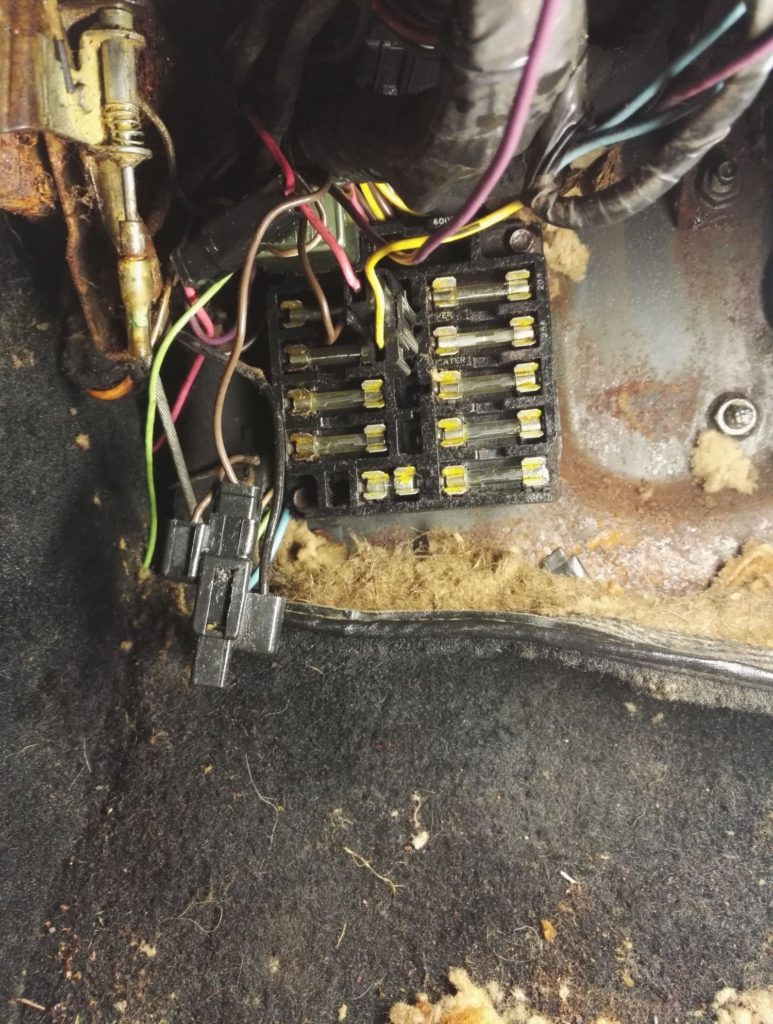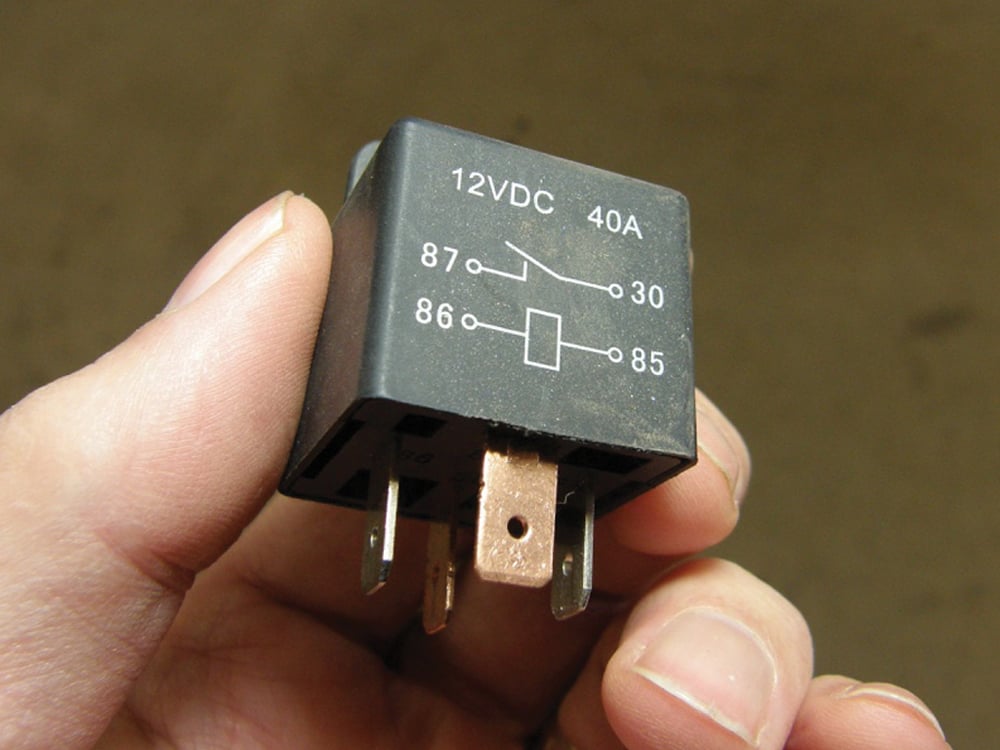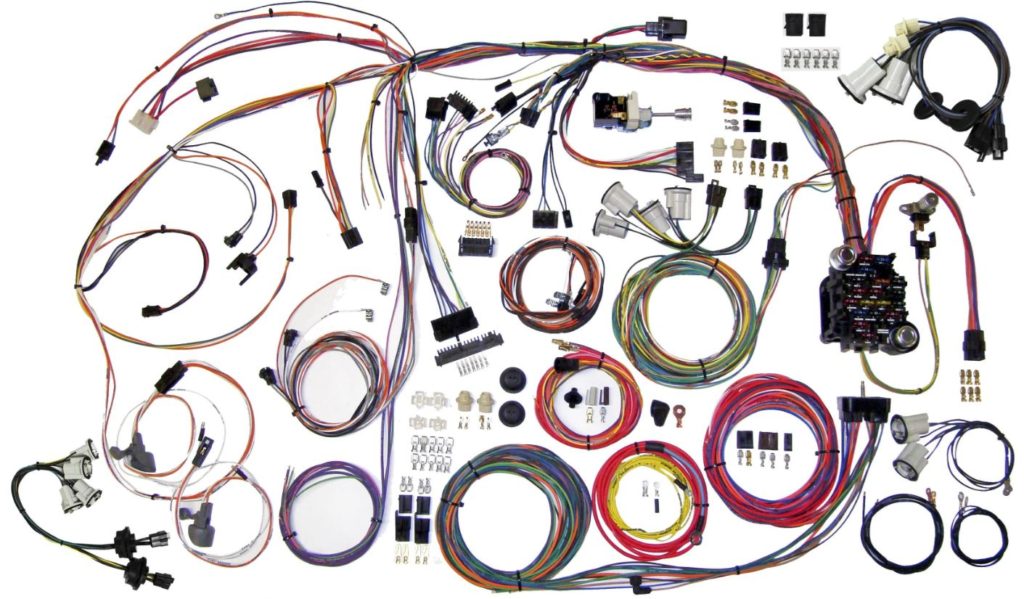Electrical Problems: How To Find and Repair
Diagnosing electrical problems in a car can be challenging. You might notice that certain things, like lights or the radio, are malfunctioning or turning off and on intermittently. While many people’s first instinct is to bang on the dashboard in the hopes of fixing the issue, this approach rarely provides a lasting solution. Although it’s possible a loose wire could temporarily reconnect by chance, most electrical problems require more in-depth troubleshooting.
Older vehicles from the 1960s and 1970s were simpler because they had fewer electrically controlled parts—most systems were operated mechanically. However, as cars evolved, manufacturers started integrating more electrical components, with vacuum-controlled solenoids appearing in the 1980s and early 1990s. Nowadays, nearly everything in a modern vehicle is electronically controlled, and although these systems are generally reliable, identifying the root of an electrical issue can be difficult when something does go wrong.
How to Diagnose an Electrical Problem
When you suspect an electrical problem, the first thing to check is the fuse box. 1960s cars will only have one fuse block, located under the dash.

Modern vehicles typically have multiple fuse boxes—one in the engine bay and another inside the car, often under the dashboard or in a kick panel. The engine bay fuse box houses larger fuses for critical systems like the alternator, starter, and electric fans. Inside, the smaller fuse box handles components like the radio, clock, and brake lights. To diagnose, locate the fuse for the problematic component using the diagram found on the fuse box cover or in the owner’s manual, and inspect it. If it appears burnt or darkened, the fuse has blown and needs replacing.
If the fuse looks intact, you should then inspect the component itself. Make sure it’s connected properly, and check for signs of damage like burning or melting. You can also test many components without removing them by using an ohmmeter to check their resistance, provided you have the vehicle’s repair manual for reference.
Poor Grounds Lead To Electrical Problems

Poor grounding in a vehicle’s electrical system can lead to a range of issues, from intermittent faults to complete component failure. Grounds are crucial because they complete the electrical circuit, allowing current to flow back to the battery. If a ground connection is loose, corroded, or damaged, the circuit is disrupted, causing erratic behavior in electrical components like dimming lights, malfunctioning gauges, or accessories that won’t power on. Ensuring proper grounding is just as important as the positive for the reliability of the electrical system, as bad grounds can mimic more complex issues and are often an overlooked cause of electrical problems. Regularly checking and maintaining ground connections can prevent many common electrical headaches.
Check the Relays

Relays are another key element to examine. They act as switches, allowing a small current from the ignition to activate larger components like the fuel pump or electric fans. Over time, relays can fail, causing electrical malfunctions. To test a relay, have someone turn the ignition while you listen for a click or feel a slight tap as the relay engages. If the relay doesn’t respond, it may need to be replaced.
Electrical Wiring Issues
If the problem isn’t with the fuse, component, ground, or relay, it could be a wiring issue. Electrical systems rely on a circuit with wires delivering power to the device and returning it to the battery. A bad connection could prevent the component from functioning properly. Over time, connections may loosen from vibrations, overheat, melt, or become corroded due to exposure to moisture and dirt. To pinpoint a wiring issue, you’ll need a wiring diagram for your vehicle, a circuit tester, and plenty of patience.

Fixing Electrical Problems
Once you identify a wiring or connection issue, it’s important to repair it properly to prevent future problems or causing an electrical short which could cause a fire. This could involve replacing a single wire or, in severe cases, part of the wiring harness. If you want to start from scratch and have a fresh wiring harness, we offer a complete line of American Autowire harnesses which can be found right here on SS396.com or by giving our friendly techs a call at (203) 235-1200!




